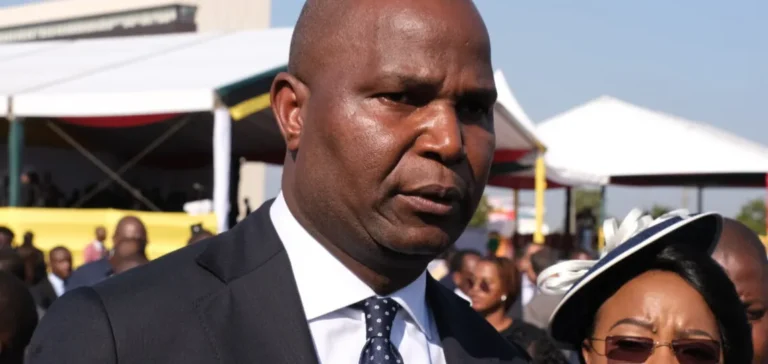Mozambique’s President Daniel Chapo has begun an official visit to the United States, including a stop at ExxonMobil’s headquarters. The trip aims to support the investment decision of the American oil major in the Rovuma LNG project, a large-scale gas development planned in the Cabo Delgado province in the north of the country. The visit also includes meetings in Washington and Houston with economic and political stakeholders, including U.S. Vice President JD Vance.
Pressure builds over ExxonMobil’s pending investment decision
ExxonMobil has not yet confirmed a final decision regarding Rovuma LNG. According to statements by ExxonMobil Mozambique’s Managing Director Arne Gibbs at an energy forum in Maputo in September, the decision depended in part on the lifting of the force majeure on the neighbouring Mozambique LNG project, operated by TotalEnergies. This condition appears to have been met, based on local press reports, but neither the Mozambican presidency nor TotalEnergies has officially confirmed the information.
The Mozambique LNG project was halted in 2021 following a jihadist attack in Palma that resulted in over 800 deaths. Its formal restart comes after more than four years of suspension, with ongoing legal proceedings involving subcontractors and victims’ families.
Gas projects with significant economic potential
The Rovuma LNG project, led by ExxonMobil, represents strategic infrastructure for Mozambique’s energy future. If the investment decision is approved, it would strengthen the country’s position in the liquefied natural gas sector. The recently resumed project operated by TotalEnergies has a production capacity four times greater than the floating installation commissioned in 2022 by Italian group ENI.
A replica of this floating unit was announced further north earlier this month. Together, these gas projects could place Mozambique among the world’s top ten gas producers, with a potential contribution of 20% to African output by 2040, according to a 2024 report by audit firm Deloitte.
Fragile stability in a still tense context
The security situation in Cabo Delgado remains fragile. Although no major attacks have occurred since 2021, data released in early October by the European Union’s Directorate-General for Civil Protection and Humanitarian Aid Operations (Echo) reported 519 attacks since the beginning of the year by insurgent groups affiliated with the Islamic State organisation.
This figure represents the highest number of incidents recorded since the conflict began in 2017. Despite this context, the Mozambican government and international operators are continuing efforts to restart suspended gas projects, banking on their potential to reshape the country’s economic structure.






















